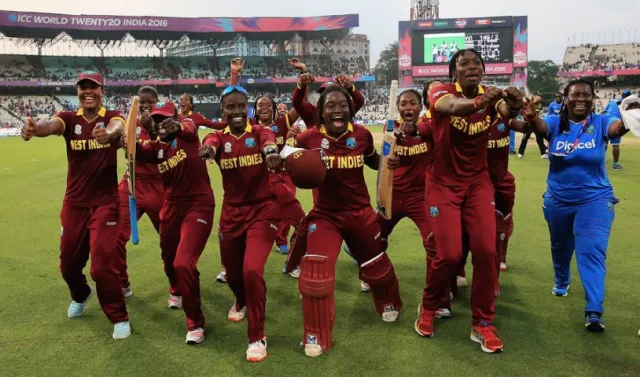
marking a significant shift in strategy that signals a progressive and forward-thinking approach to leadership in the sport.

This move is not just a milestone for the team, but a statement that echoes far beyond the boundaries of the cricket field, challenging traditional norms and setting a new precedent in the world of cricket.
Historically, the West Indies team has been a symbol of cricketing prowess, known for its powerful players and memorable victories. However, in recent years, the team has faced challenges that have prompted a reevaluation of its strategies and leadership structures. Recognizing the need for a fresh perspective and innovative thinking, the West Indies Cricket Board has made the groundbreaking decision to appoint a female coach, a role traditionally held by men in the cricketing world.
This new strategy reflects the team’s commitment to embracing diversity and inclusion, and acknowledges the vital contributions women can make to the sport. It is a testament to the evolving landscape of cricket, where gender barriers are being dismantled, and opportunities are being created for talented individuals regardless of their gender.
The appointment of a female coach is expected to bring a new dynamic to the West Indies team. Her unique insights, experiences, and approach to the game are anticipated to invigorate the players and introduce new strategies that could prove to be game-changers. This decision also aligns with global trends in sports, where more teams and organizations are recognizing the value of diverse leadership.
Beyond the immediate impact on the team, this move sends a powerful message to aspiring female cricketers and sports professionals across the Caribbean and the world. It illustrates that there is no ceiling to what they can achieve, and that their dreams of leading at the highest levels are within reach. The West Indies Cricket Board’s decision could inspire a new generation of female coaches and leaders in sports, breaking down barriers and creating a more inclusive environment for all.
In conclusion, the West Indies’ decision to appoint a female coach marks a transformative moment in the history of the team and cricket as a whole. It is a bold step that not only aims to revitalize the team’s performance but also to challenge and reshape the traditional views of leadership within the sport. As the cricketing world watches closely, this new chapter in West Indies cricket has the potential to set a precedent for future generations and redefine the role of women in sports leadership.
Leave a Reply